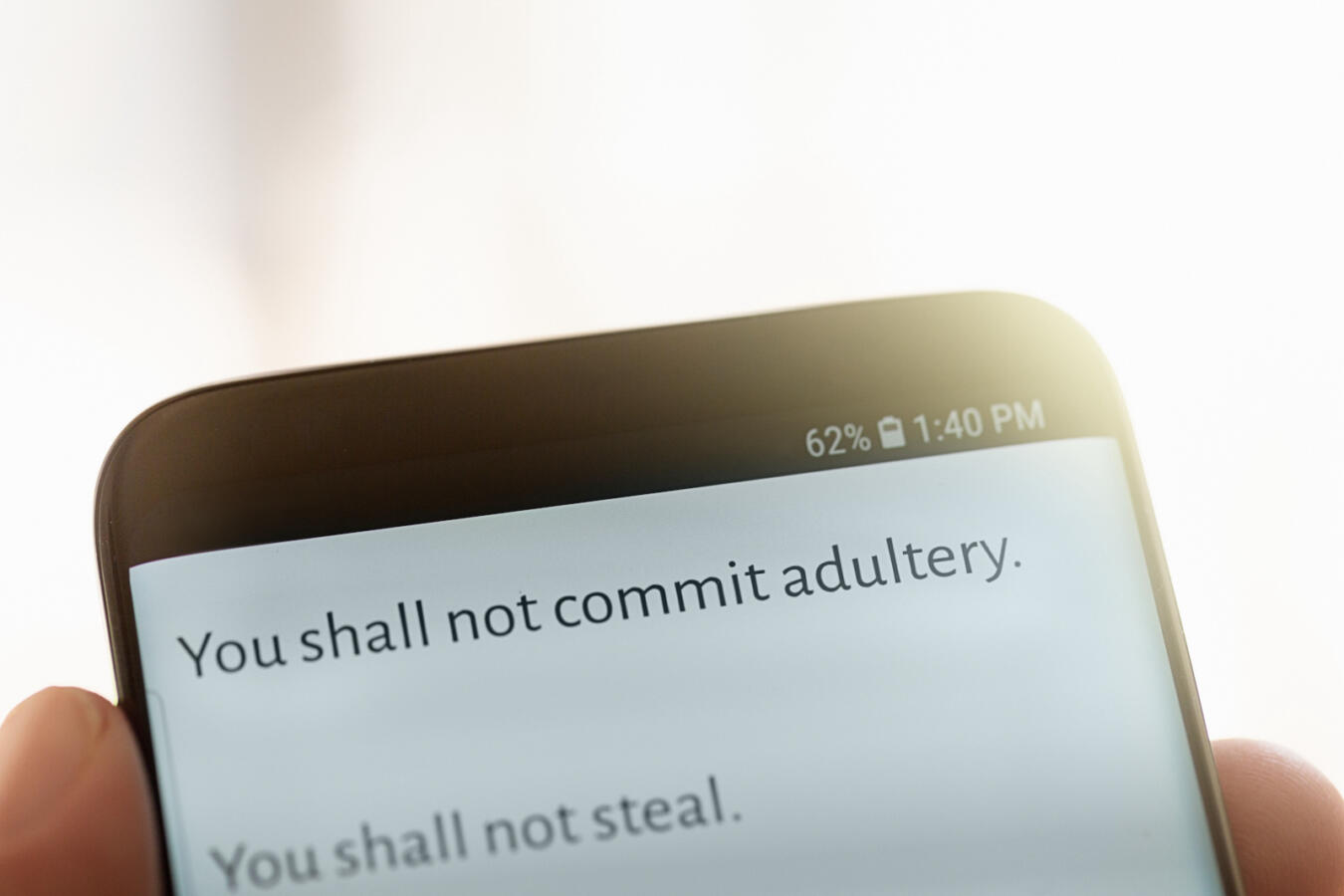It’s amazing how much we can learn from fourth graders.
When I started rabbinical school, I got a side job teaching at a local synagogue. While the job was meant to provide experience and extra cash to help with tuition, what it really offered was a break from complex theological discourse and a chance to run around with 9 and 10 year olds. The synagogue was called Kol Ami (“Voice of My People”) and each year of religious school had a curricular theme connected to the notion of peoplehood. Fourth grade’s theme was am sefer — “people of the book.” Somehow, over the course of a year, I needed to teach my students the Torah.
For each Torah portion, I tried to plan a lesson that fit the text. The kids debated what should have happened when God asked Abraham to sacrifice Isaac. Story time worked well for the Garden of Eden. Students acted out the ten plagues (frogs were a particular hit) and drew pictures of what they thought the Tabernacle looked like according to the instructions in Exodus.
One of my favorite days was when we read this week’s Torah portion, Yitro, where the Israelites received the Ten Commandments.

Help us keep Jewish knowledge accessible to millions of people around the world.
Your donation to My Jewish Learning fuels endless journeys of Jewish discovery. With your help, My Jewish Learning can continue to provide nonstop opportunities for learning, connection and growth.
These are ten of the most important rules that Jews are supposed to follow. Some are easy — “don’t murder,” I would assume, is a manageable ask for most — and some are challenging. There are definitely moments when I covet my neighbor’s house, because, well, he has a whole brownstone to himself, and this is Brooklyn.
As Jews, we have carried these rules with us for thousands of years, and their meaning has shifted as our context has shifted. We are no longer a people wandering on a 40-year journey to a promised land. Nor are we a strictly agricultural people. We don’t have kings and we don’t have a Temple, and many of us live on continents that were unknown to our forebears. And yet, we still have these Ten Commandments.
So how did I approach The Ten Commandments with my fourth graders? Before cracking open Exodus, I asked each kid to write their 10 most important rules for life. Inevitably, some kids took the task more seriously than others. There was more than one regulation regarding a minimum amount of sugar to be consumed on a daily basis. But the magical thing about fourth graders is that even as they’re young enough to mandate ice cream for breakfast, they’re old enough to think in deep ways about the world beyond themselves.
After each child wrote a list, we decided upon a shared class list. Then we looked at The Ten Commandments and tried to reconcile the two lists. We ended up with a mix of rules — some taken directly from Torah (“don’t steal” made the cut) and some of their own design (in the face of climate change, “taking care of the earth” edged out “don’t covet”). In engaging the text this way, my students reconstructed it, integrating the values of contemporary society with those of ancient (and modern) Judaism.
Rabbi Mordecai Kaplan, the founder of the Reconstructionist Movement, conceived of Jews as existing in two civilizations, religious and secular. Last Monday was Martin Luther King day and the 15th day of the Hebrew month of Shevat. Today is Shabbat and it’s Saturday. Kaplan also saw Judaism, like secular society, as capable of evolution. Professor Mel Scult, a scholar of Kaplan, recently found an entry in one of Kaplan’s diaries in which he described religion this way: “Faith in society as capable of evolving a method of social interaction based on truth, reason, freedom, justice and peace, which method is essential if society is to enable those who belong to it to achieve salvation.”
It isn’t always easy to have faith in society these days, but in reading Rabbi Kaplan’s words I found myself moved to read the Ten Commandments and reconstruct them myself, even without my fourth graders.
- I am the Lord your God (Give your heart to what matters)
- Don’t worship idols (Don’t devote your time and energy to harmful distractions)
- Don’t take God’s name in vain (Choose your words with care)
- Remember Shabbat (Make time for rest)
- Honor your parents (Honor those whose shoulders you stand on)
- Don’t murder (Don’t push others down)
- Don’t commit adultery (Cherish your relationships)
- Don’t steal (Don’t take, or take credit for, what’s not yours)
- Don’t bear false witness (Don’t lie— no matter the reward)
- Don’t covet (Don’t wish so much for what others have that you lose sight of your own blessings)
If I’m counting correctly, my fourth graders turned 18 this year. I don’t know how they relate to the Ten Commandments nearly a decade after we read them together. But I do hope that whatever they go on to do as adults, they use their religious education to encourage the creation of a society built on truth, reason, freedom, justice, and peace. And I hope that, like my fourth graders before me, I was able to bring a little new perspective to our sacred, ancient words.
This article initially appeared in My Jewish Learning’s Shabbat newsletter Recharge on Jan. 22, 2022. To sign up to receive Recharge each week in your inbox, click here.



